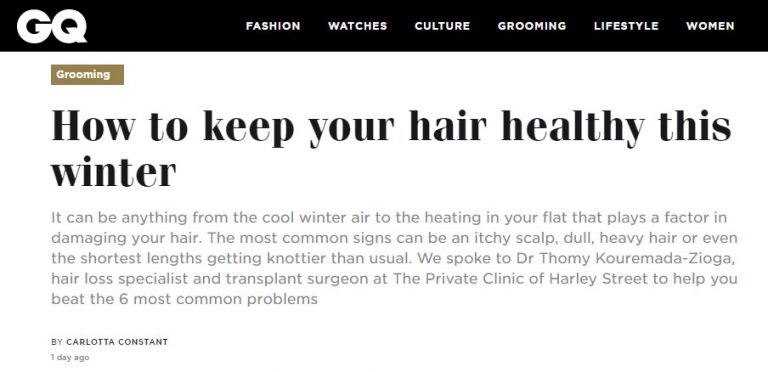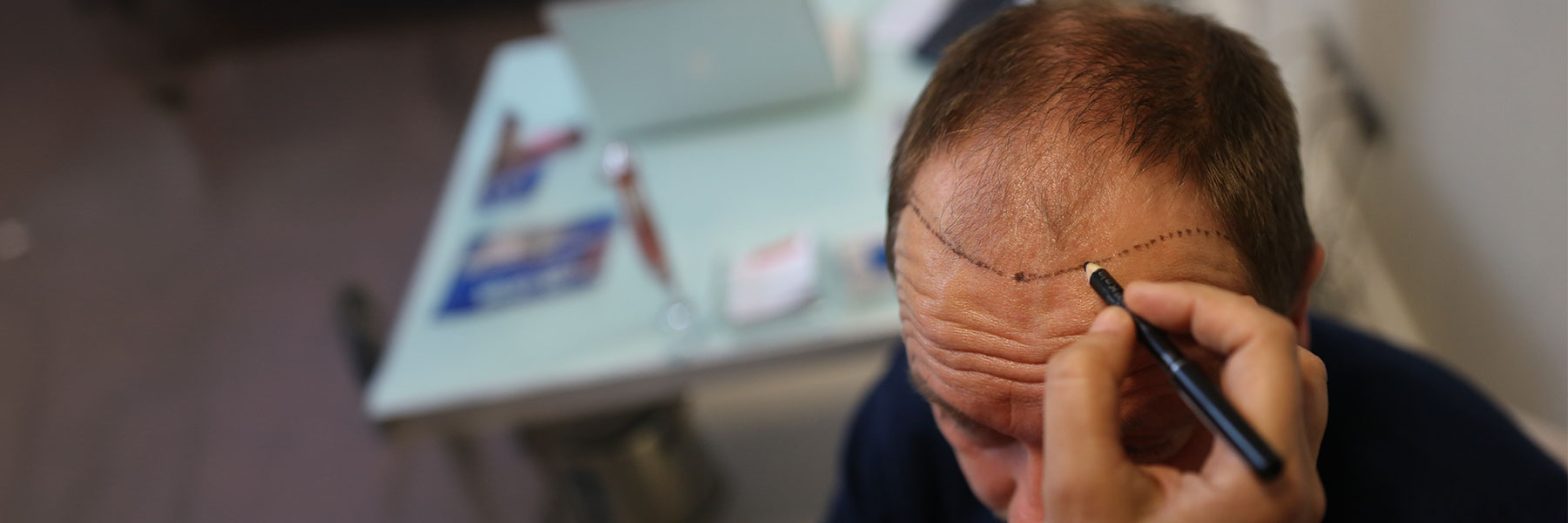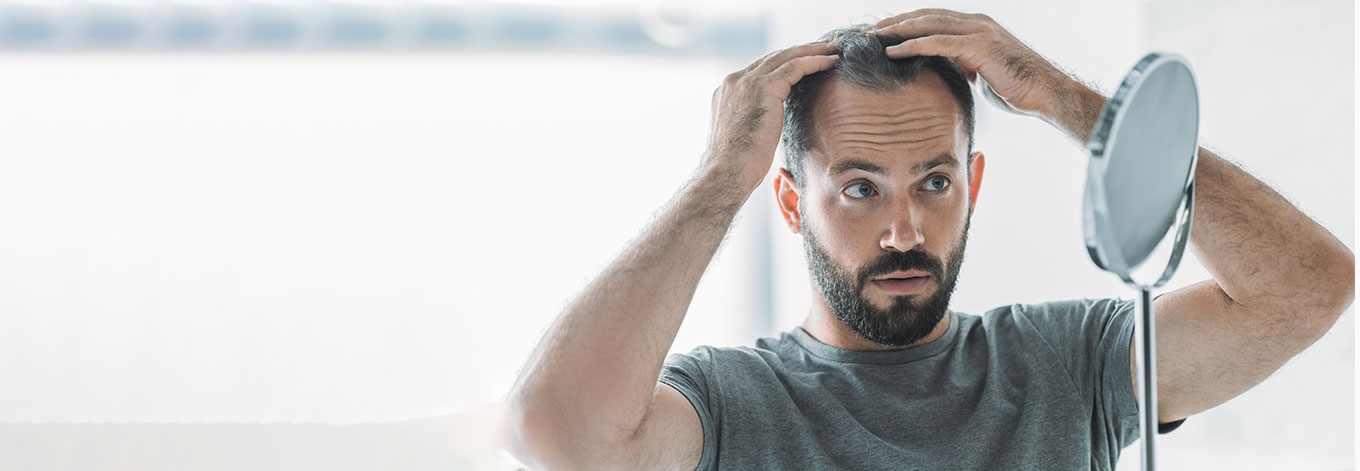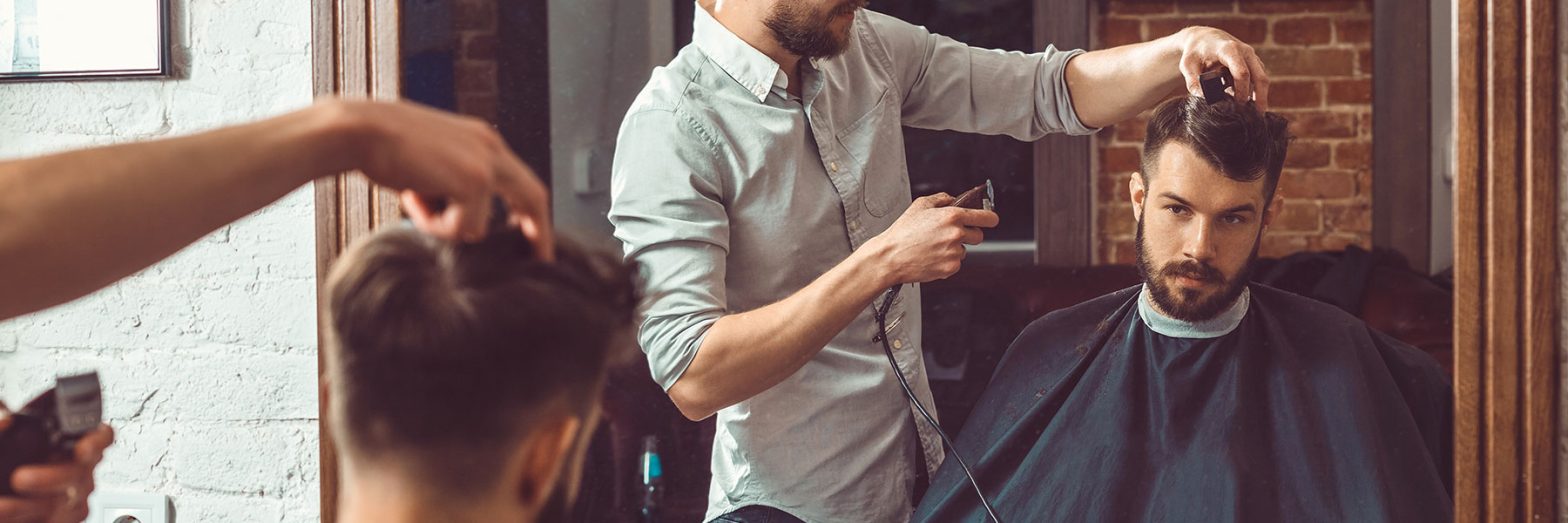
How to keep your hair healthy this winter
HAIR LOSS & HAIR TRANSPLANTS
GQ
It can be anything from the cool winter air to the heating in your flat that plays a factor in damaging your hair. The most common signs can be an itchy scalp, dull, heavy hair or even the shortest lengths getting knottier than usual. We spoke to Dr hair loss specialist and transplant surgeon at The Private Clinic of Harley Street to help you beat the 6 most common problems.
The problem: dry scalp
A dry scalp can be more prevalent in winter and is often marked by small white flakes caused by the cold weather. In order for your hair to be strong and healthy, you need your scalp to be properly nourished. If your scalp is struggling, you may suffer from split and damaged ends, dandruff, skin dehydration and flaking, and as a result your hair will struggle to grow.
The solution: “To look after your scalp, use quality organic shampoo, wash your hair often and regularly use oil to massage the scalp. Adding a scalp massage to a haircare regimen stimulates the scalp, improves circulation and reduces stress. Essential oils such as rosemary, lavender, thyme, pomegranate, tea tree and cedarwood can also be used as they offer fantastic hydration for the skin.”
The problem: stunted growth
If you go to sleep with dirty hair, sweat, dirt, gels and other products can clog the pores over time and prevent the hair from growing in the way it normally would if it was clean.
The solution: “There is a common misconception that washing the hair frequently is bad for it. Actually, it is important to wash the hair regularly to keep it clean and healthy. Try not to scratch the scalp when washing as this can damage the hair from the root, which could curtail growth.
You should also always be cautious with chemicals in shampoos, conditioners and hair dye because they can be extremely traumatic for the hair, so you should minimise exposure to these toxins wherever possible. When purchasing new hair products, opt for SLS-free (sodium lauryl sulphate) options. SLS is the ingredient in shampoo that causes the product to lather, but this ingredient can also contribute to hair loss, so wherever possible invest in natural, sulphate-free products to protect your hair.”
The problem: knots (yes, this includes short hair)
Winter wind can tangle even relatively short hair, resulting in knots which cause the individual strands to rub together. Attacking these knots by brushing your hair can cause the hairs to break and fall out.
The solution: “When combing your hair, try using a detangling spray and a brush with ultra-soft bristles, which will gently remove knots without pulling at the hair. Contrary to popular belief, it’s also important to regularly brush the hair (whatever length), even if it’s damaged. Brushing the hair every morning and evening for 1-2 minutes encourages hair growth, as the brushing stimulates circulation on the scalp. It’s also a good idea to massage the scalp gently during the washing of the hair, as this stimulates blood circulation too.”
The problem: dry and dull hair
During the winter months, cold and harsh weather can cause hair to become dry, dull and brittle.
The solution: “Try to use a deep conditioner 2-3 times a week. Look out for conditioners with a low pH level and those that contain agents such as sodium PCA, sodium lactate, glycerin and propylene glycol, as these are the best for retaining moisture. It is also always best to wash your hair with warm or cool water, as hot water can traumatise the hair and can strip it of its nutrients, causing it to look dull and broken.”
The problem: frizz
For those of you with longer hair, you might prefer to dry your locks at home before venturing out into the cold. The increase in the use of heat on the hair can weaken individual hair follicles, causing the hair to dry out and become brittle. When you combine this with the weather conditions, the hair can become dry and frizzy, and it can look and feel unhealthy.
The solution: “To prevent this, try to keep the use of hairdryers and any other heated styling tool to a minimum, and allow your hair to dry naturally so that it is able to hold in all its vital nutrients. Also, avoid doing anything which pulls on the hair, such as tying it up in a tight top-knot, because over time, this will damage the hair further and can even cause a condition known as traction alopecia.”
The problem: too much chocolate
It’s not uncommon to indulge during the winter period, especially when Christmas draws closer. However, an increase in chocolate and mince pies should not mean your intake of healthy foods suffers. Hair is made up of a fibrous protein called keratin, meaning that maintaining a diet with sufficient protein is essential for hair health.
The solution: “Make sure you eat plenty of lean meat, fish and eggs, which are all rich protein sources. Vegetarians can source protein easily from nuts, legumes and beans. Foods high in vitamins A, B, C and E, as well as iron, zinc, copper, magnesium and selenium, are also vital additions to the shopping list to fuel hair growth.
If you get protein from shakes, it is important to remember that protein shakes actually accelerate hair loss in men predisposed to balding. They often contain growth hormones such as creatine and DHEA, which not only increase muscle mass, but also increase testosterone levels in the bloodstream. Testosterone produces a chemical known as DHT, which contributes to baldness when the hair follicles become exposed to too much. Sadly, this is something that most men are unaware of until they notice that their hair loss has already become more apparent.”
http://www.gq-magazine.co.uk/gallery/winter-hair-problems








